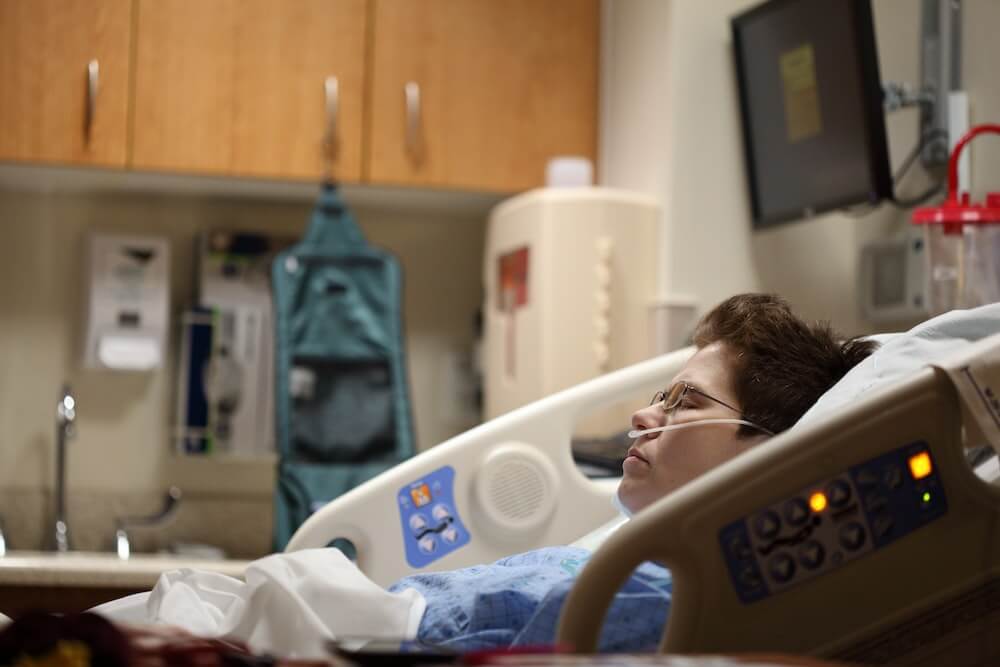Death isn’t something med students like to think of, but the truth is that it comes with the job.
You’d be hard-pressed to find a physician who hasn’t experienced the loss of a patient. It’s inevitable that at some point, a patient will die in your care. Though setting an early expectation likely won’t provide solace when a death occurs, it can help you feel better prepared for it.
Death is a natural part of living, but that doesn’t make it any easier to cope with or less surprising when it happens. Part of becoming a successful physician means learning how to deal with losing a patient—handling the earth-shaking emotions that come with witnessing death while also providing care to your other patients.
Though there’s very little that will help you prepare for losing their first patient, the following mental and emotional tips can help you get through the harrowing experience:
Expect to Lose a Patient

Practice Self Care
Self-care can be the foundation to get you through the most difficult situations you’ll face as a physician, including the emotional toll of losing a patient. This may include taking a quick walk in the hospital courtyard, eating a healthy diet, stretching before putting on your white coat before a shift, and relaxation therapies like deep breathing or aromatherapy.
Take Time to Grieve

When a patient dies, it’s hard to know what to do next. Do you take a moment of silence? Are you allowed to cry? Do you offer comfort to family members?
Depending on the setting, you may have to put your personal feelings aside to care for other patients. This is often the case for emergency room personnel or others with a heavy workload, and though it can seem inhumane to continue with business as usual, remember that your other patients need your attention.
It’s okay to grieve for your lost patients, and many doctors would even agree that it’s advisable. Being in a profession where death is a common experience can strip away some of your humanity and emotion, and allowing yourself to grieve can help to bring it back.
Accept That Not Every Patient Can Be Saved
Before becoming a physician, you will spend nearly a decade of your life in med school and residency. You will have studied countless hours every day, attended classes, completed clinical rotations, and gained hundreds of hours of hands-on experience before working with your own patients. And even as you continue to work hard to become the best physician you can be, it still won’t be enough to save every patient’s life.
It’s important to remember this is not a reflection of your skills and ability as a doctor, but rather as life taking its natural course. Acknowledge that not every patient can be saved, despite your greatest efforts to help them. Unfortunately, doctors deal with death on a daily basis, and the first patient death you experience won’t be the last.
Though death may never get easier, keep your eyes on the greater picture and cherish the number of patients that are still enjoying life because of the work you’ve done for them.



